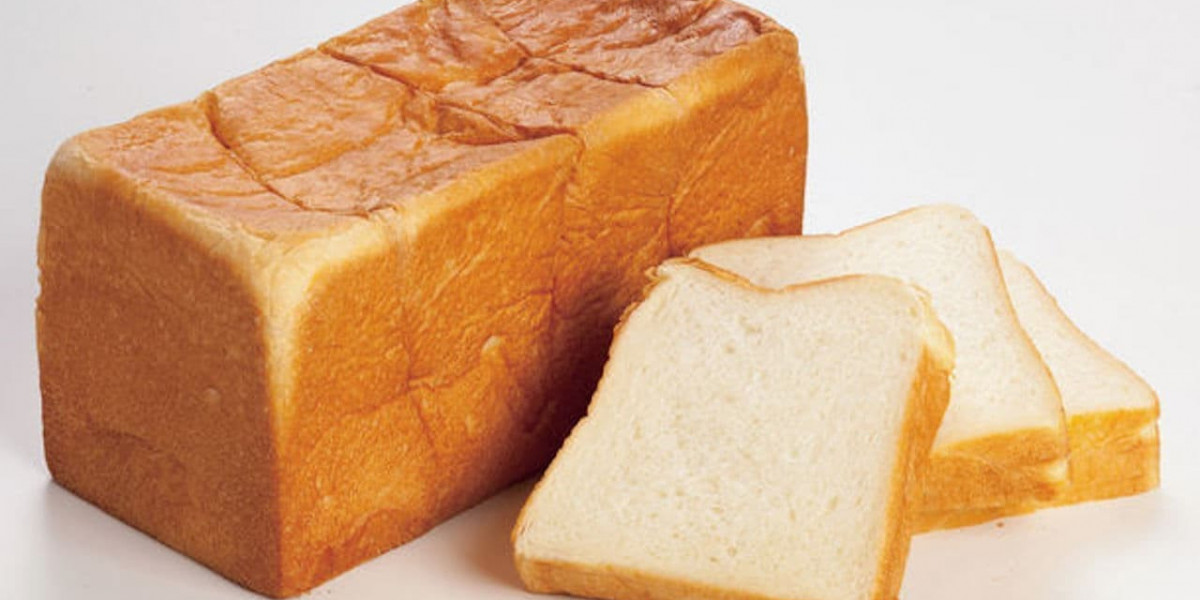Introduction
The specialty bread market has witnessed substantial growth due to increasing consumer demand for artisanal, organic, and health-focused bread options. As competition intensifies, key players in the industry are adopting various brand strategies to differentiate themselves and capture market share. This article examines the leading companies in the specialty bread market and the strategies they employ to stay competitive.
Key Players in the Specialty Bread Market
The specialty bread market comprises a mix of established bakery brands, emerging artisanal bakeries, and private label producers. Some of the key players include:
1. Artisan Bakeries and Local Brands
Small, independent bakeries have gained popularity by focusing on handcrafted, high-quality bread made with traditional techniques. Many emphasize locally sourced ingredients, organic flour, and fermentation methods to appeal to health-conscious and gourmet consumers. Some well-known artisan bakeries include:
Acme Bread Company (U.S.) – Known for its handcrafted sourdough and European-style bread.
Poilâne (France) – A historic bakery specializing in rustic sourdough and country-style loaves.
Gail’s Bakery (U.K.) – A popular chain focusing on high-quality, freshly baked artisanal bread.
2. Large Commercial Bakery Brands
Big-name companies have expanded their product lines to include specialty bread, leveraging their distribution networks and brand recognition. Key players include:
Grupo Bimbo (Mexico) – One of the largest bakery companies in the world, offering a range of organic and whole grain bread under various brands.
Flowers Foods (U.S.) – Producer of specialty and health-oriented bread through brands like Dave’s Killer Bread.
Lantmännen Unibake (Europe) – A leader in frozen and fresh specialty bread production for retail and foodservice markets.
3. Private Label and Supermarket Brands
Supermarkets and grocery chains have developed their own specialty bread lines, offering competitive pricing and attracting health-conscious consumers. Notable private label brands include:
Whole Foods Market’s 365 Everyday Value (U.S.) – Provides organic and gluten-free bread options.
Tesco Finest (U.K.) – Features premium artisan-style bread with unique ingredients.
Aldi’s Specially Selected (Global) – Offers gourmet-style bread at budget-friendly prices.
Brand Strategies in the Specialty Bread Market
As competition grows, specialty bread brands are implementing innovative strategies to stand out and meet evolving consumer preferences.
1. Focus on Health and Nutrition
Consumers are increasingly seeking healthier bread options, driving brands to develop products with added nutritional benefits. Popular strategies include:
Offering high-protein, high-fiber, and low-carb bread options.
Fortifying bread with superfoods like chia seeds, flaxseeds, and quinoa.
Expanding gluten-free and plant-based product lines.
2. Sustainability and Ethical Sourcing
Sustainability is a key factor in brand differentiation. Companies are adopting eco-friendly practices such as:
Using organic and non-GMO ingredients.
Implementing sustainable farming and regenerative agriculture practices.
Introducing biodegradable and recyclable packaging solutions.
3. Innovation in Flavors and Ingredients
To cater to diverse consumer preferences, brands are experimenting with unique ingredients and global flavors. Examples include:
Fermented bread with probiotics for gut health.
Alternative grains like spelt, einkorn, and teff for enhanced nutrition.
Infusions of herbs, spices, and dried fruits to create gourmet experiences.
4. Omnichannel Distribution Strategies
Brands are leveraging multiple sales channels to reach consumers more effectively. This includes:
Expanding e-commerce presence with direct-to-consumer sales.
Partnering with grocery delivery services like Instacart and Amazon Fresh.
Maintaining strong retail partnerships while also selling through farmers’ markets and specialty food stores.
5. Marketing and Brand Storytelling
Consumers are drawn to brands with compelling narratives and authenticity. Successful companies emphasize their:
Heritage and traditional baking techniques.
Commitment to local sourcing and small-batch production.
Mission-driven approach to sustainability and community support.
Conclusion
The specialty bread market is evolving rapidly, with established and emerging brands competing for consumer attention. By focusing on health-conscious innovation, sustainability, diverse flavor profiles, and strategic distribution, key players are positioning themselves for long-term success. As consumer preferences continue to shift, brands that adapt and stay ahead of trends will maintain a competitive edge in this dynamic industry.









